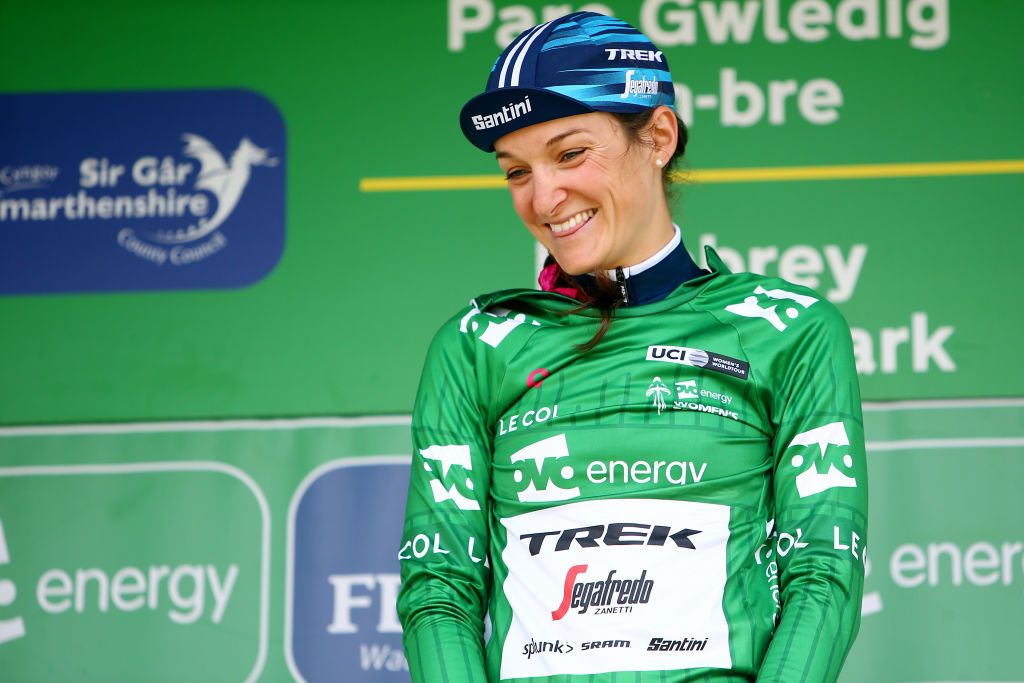The women’s professional calendar has experienced many ups and downs over recent years, particularly during the pandemic, with new races being launched while others struggle to make ends meet.
Upon her return to racing at Flèche Wallonne, eight months after the birth of her second child, decorated cyclist Lizzie Deignan spoke about the disappointment she felt over the cancellation of her home Women’s Tour but also remarked on the strength of British riders that have come through the professional ranks.
“Obviously, [I feel] disappointed about the Women Tour. I was looking forward to that race, as a British rider, and I’ve won it before, and I think with the trajectory of my form, I would be coming into some nice form by the June race, fitness-wise,” Deignan said in an in-depth interview.
The Women’s Tour, which began in 2014, had grown in popularity as one of the more progressive races on the Women’s WorldTour since the series’ inception in 2016.
However, it was cancelled in 2020 and postponed until October 2021, when it also struggled to find sponsorship, and live coverage plans fell through due to the impacts of “commercial realities” after two years of being hit hard by the COVID-19 pandemic. In addition, SweetSpot, the organiser of both the men’s Tour of Britain and the Women’s Tour, was forced to make cuts to its equal prize purse.
The race was held in its traditional summer spot on the calendar last year and was expected to do so again this year, even though it was reduced to five stages from June 7-11. However, organisers announced at the end of March that the race could not go ahead due to increased running costs and a lack of sponsorship. They aim to bring the race back in 2024.
Deignan, who won titles at the Women’s Tour in 2016 and 2019, did not speculate on the reasons SweetSpot struggled to find funding for the race but said that it was hard to understand given what she has seen of grass-roots cycling participation.
“I can comment that I’m disappointed, and I can also say that I don’t quite understand how it has happened. And because from my perspective, when I’m out in the UK training on British roads, participation levels are higher than I’ve ever seen before. Friends and family all follow cycling more than they ever have. At a grassroots level, I think there are more and more clubs that are busy,” Deignan said.
“It seems that there’s this huge influx of participation that hasn’t translated into domestic racing competition and whether…
Click Here to Read the Full Original Article at CyclingNews RSS Feed…

